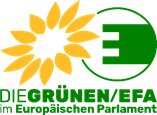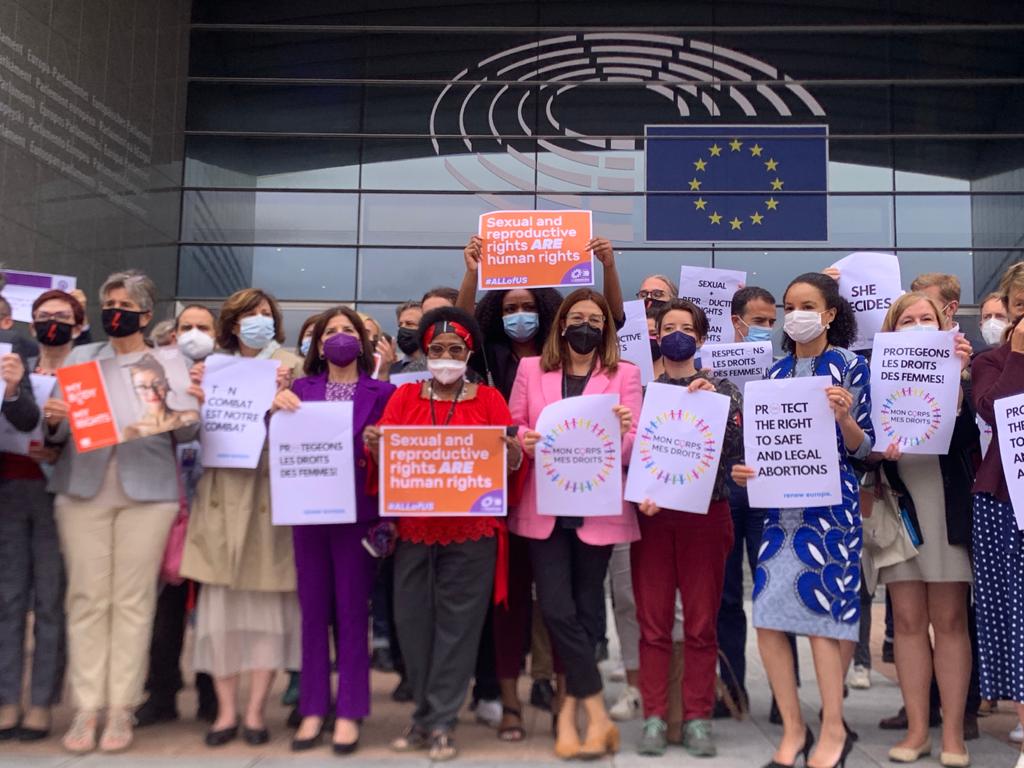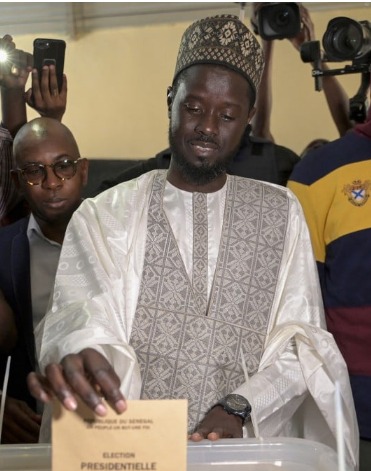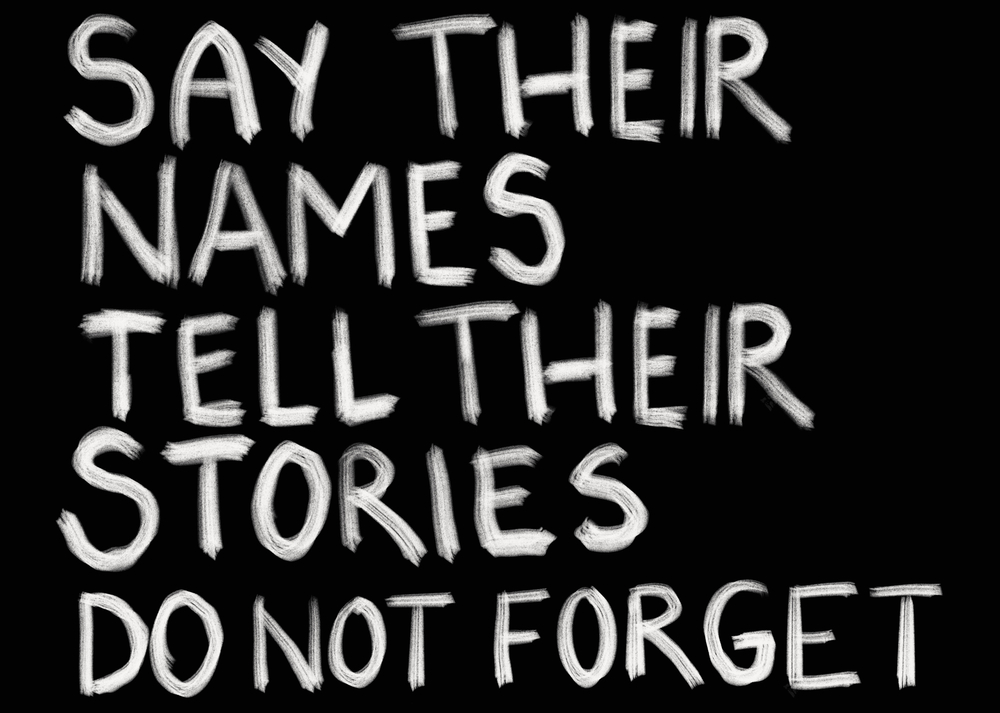In den letzten Jahren wurden bei der Förderung der Rechte von Frauen und Mädchen erhebliche, aber trotz dessen immer noch ungleiche Fortschritte erzielt. Die Gleichstellung der Geschlechter ist einer der Grundwerte der Europäischen Union. Wir stellen jedoch fest, dass es nach wie vor mehrere Hindernisse für die Stärkung der Stellung von Frauen und Mädchen gibt.
Überall auf der Welt hat die Pandemie erhebliche Auswirkungen auf Frauen und Mädchen und verschärft die bestehenden geschlechtsspezifischen Ungleichheiten.
Die Ultrakonservativen in Europa bemühen sich weiterhin, die hart erkämpften Rechte der Frauen einzuschränken, indem sie versuchen, ihren Körper und ihre Autonomie zu kontrollieren.
Um all diese Ungleichheiten zu beseitigen, hat die Europäische Union den neuen EU-Aktionsplan zur Gleichstellung von Frauen und Mädchen (GAP III) als Instrument zur Stärkung der Rolle von Frauen und Mädchen eingeführt.
Beim Entwurf des Berichts über den Dritten EU-Aktionsplan für die Gleichstellung der Geschlechter, arbeite ich als Schattenberichterstatterin eng mit meinen Kolleginnen und Kollegen im FEMM-Ausschuss zusammen, um zur Stärkung der Selbstbestimmung und Unabhängigkeit von Frauen und Mädchen beizutragen. Zu diesem Zweck habe ich mehrere Änderungsanträge zur Stärkung des Aktionsplans für die Gleichstellung der Geschlechter eingereicht.
Erstens habe ich betont, dass Gewalt gegen Frauen die schwerwiegendste Form der Ungleichheit zwischen Frauen und Männern ist und dass es in der Verantwortung aller Staaten liegt, sie unnachgiebig zu bekämpfen.
Zweitens habe ich darauf bestanden, dass der Grundsatz der Intersektionalität als Grundprinzip in den Aktionsplan für die Gleichstellung der Geschlechter aufgenommen werden muss.
Die Europäische Union muss bei ihren Maßnahmen Mehrfachidentitäten berücksichtigen und anerkennen, dass Frauen und Mädchen in ihrer ganzen Vielfalt nicht in gleichem Maße von geschlechtsspezifischen Ungleichheiten betroffen sind, weil diese durch andere Faktoren wie Herkunft, Alter, ethnische Zugehörigkeit oder sexuelle Orientierung verstärkt werden.
Darüber hinaus kann die vollkommene Autonomie, nicht ohne das Recht auf allgemeinen Zugang zu sexueller und reproduktiver Gesundheit für alle Frauen erreicht werden.
Angesichts der Tatsache, dass einige Regierungen in Europa und auf der ganzen Welt den Zugang zur reproduktiven Sexualität einschränken wollen, ist es unerlässlich, die Zivilgesellschaft, die für das Recht auf körperliche Autonomie kämpft, weiterhin zu unterstützen.
Ein weiterer wichtiger Pfeiler für die Stärkung der Rolle von Frauen und Mädchen ist der Zugang zu Bildung. Es überrascht nicht, dass Mädchen in diesem Bereich die größten Verliererinnen sind. Viele wurden während der Pandemie von der Schule ferngehalten. Es ist daher unerlässlich, dass wir in die Bildung und Ausbildung von Mädchen und Frauen investieren.
Natürlich dürfen wir die Frauen und Mädchen, die in Konfliktgebieten leben, nicht vergessen. Die Situation der Mädchen und Frauen in den Flüchtlingslagern ist sehr besorgniserregend. Nationale und friedenspolitische Strategien müssen die Geschlechterdimension einbeziehen und die Straflosigkeit bekämpfen, um diesen barbarischen Praktiken ein Ende zu setzen. Die Einbeziehung von Frauen in Friedensprozesse im Allgemeinen ist unerlässlich.
Die Europäische Union muss Frauen und Mädchen in ihrem Streben nach Autonomie und Vollendung begleiten, damit sie selbst Akteurinnen dieses Wandels sein können. Diese Gesundheitskrise muss für uns alle eine Chance sein, eine gleichberechtigte Generation mit Frauen und Mädchen aufzubauen, die Zugang zu Bildung, sexueller und reproduktiver Gesundheit sowie Frieden und Sicherheit haben.
Wir brauchen eine transformative weibliche Führungsrolle, um die noch nie dagewesenen Herausforderungen unserer Zeit zu bewältigen.
Wir werden diese Metamorphose nur erreichen, wenn wir die Art und Weise, wie wir Entscheidungen und politische Maßnahmen treffen, durch die Einbeziehung und Beteiligung aller Frauen und Mädchen ändern.
Aber das ist nicht nur eine Frage der Frauen. Die Gleichstellung der Geschlechter ist ein Kampf für soziale Gerechtigkeit, bei dem auch Männer eine wichtige Rolle spielen.
Die Stärkung der Rolle von Frauen und Mädchen ist notwendig, um die Gleichstellung der Geschlechter zu erreichen und ihnen damit ein Leben in einer integrativeren und friedlicheren Gesellschaft zu ermöglichen.




